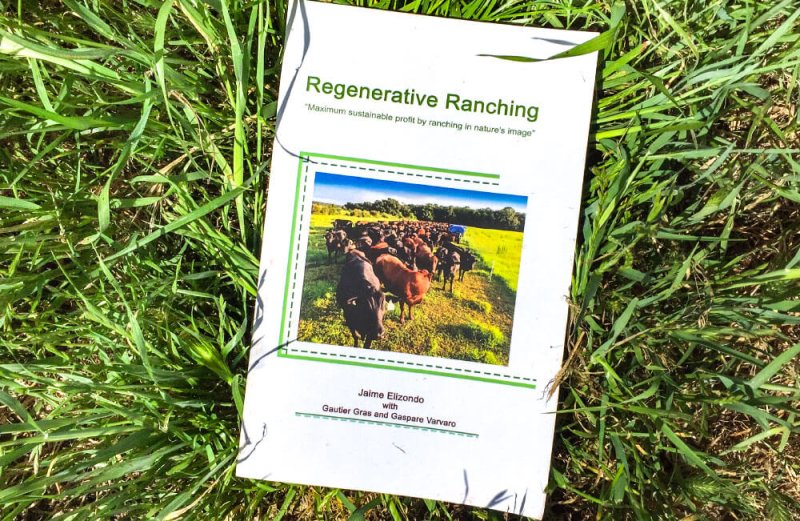While the regenerative potential of many agricultural techniques is widely accepted among ecologists, the inclusion of ranching is disputed.
…
Crudely extrapolating from a favorable study and ignoring concepts such as soil types and carbon saturation, Regeneration International calculates that “If… regenerative grazing practices were implemented on the world’s grazing lands they would sequester 98.5 gigatons CO2 per year,” meaning that “Just transitioning ten percent of agricultural production to best-practice regenerative systems will sequester enough CO2 to reverse climate change and restore the global climate.”
…
In 2018, a team of eleven scientists from seven countries led by the Food Climate Research Network came together specifically to investigate this question. Conducting a metastudy drawing from over 300 articles in the literature, they concluded that:
[B]etter management of grass-fed livestock, while worthwhile in and of itself, does not offer a significant solution to climate change as only under very specific conditions can they help sequester carbon. This sequestering of carbon is even then small, time-limited, reversible and substantially outweighed by the greenhouse gas emissions these grazing animals generate.
The scientific reality is that the concept of sustainable carbon-negative ranching is little more than meat marketing mythology.































